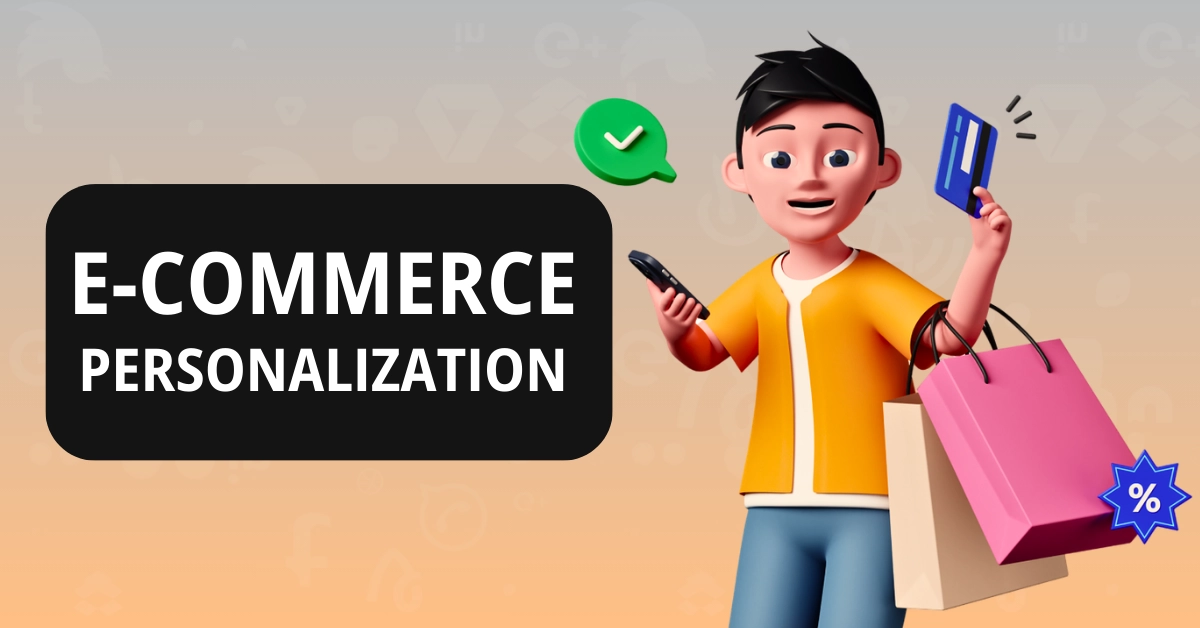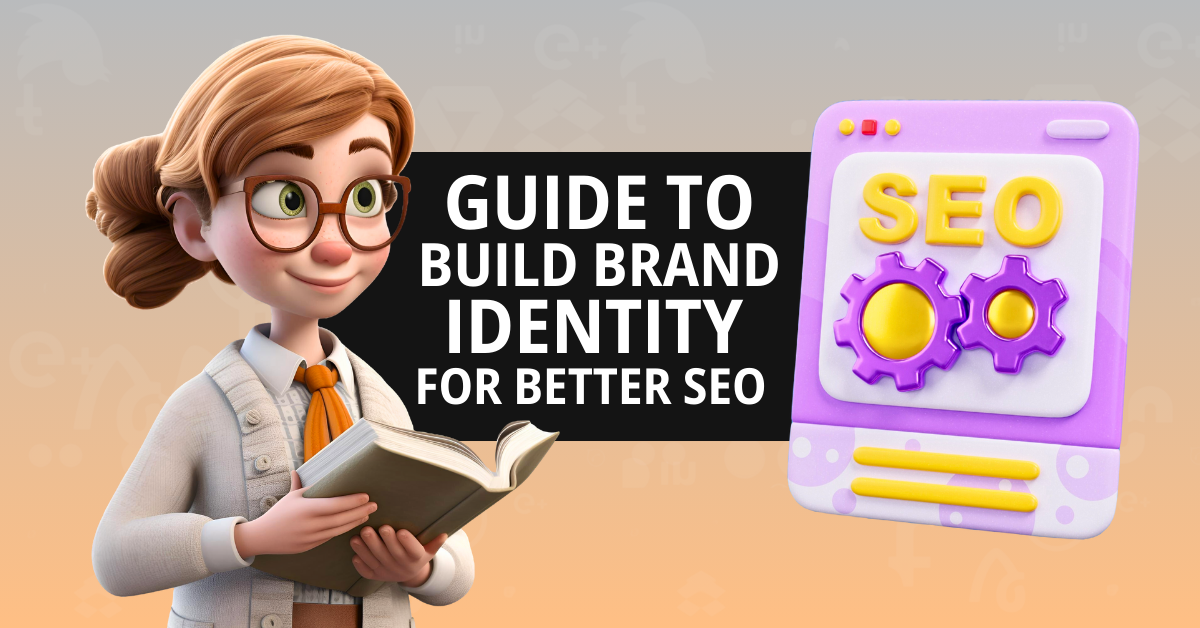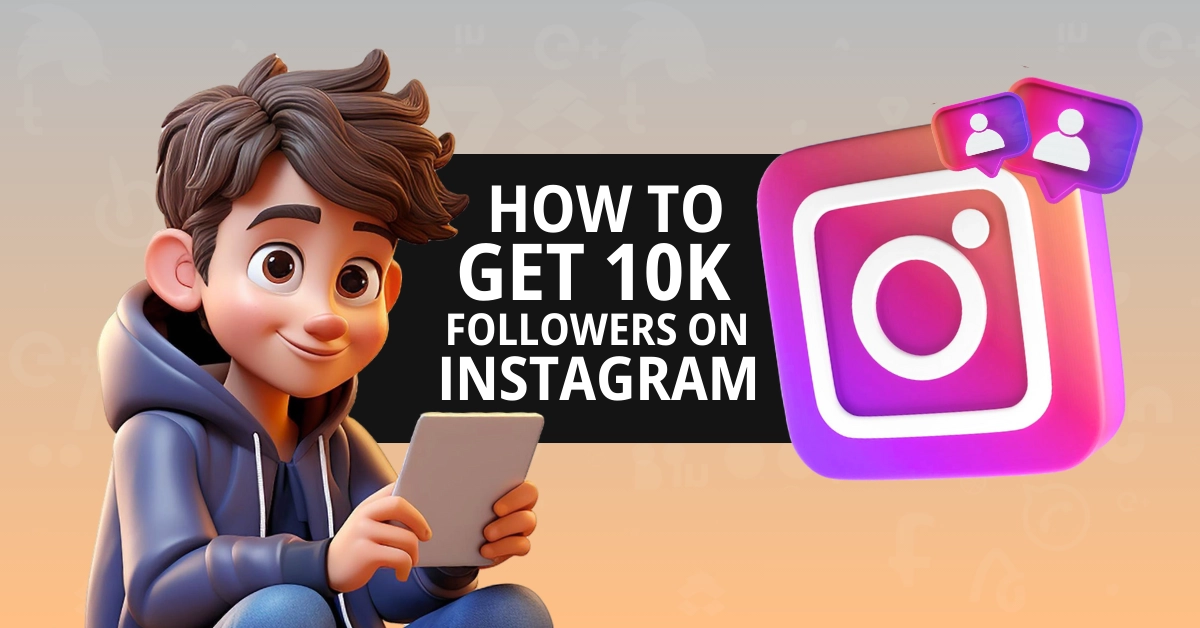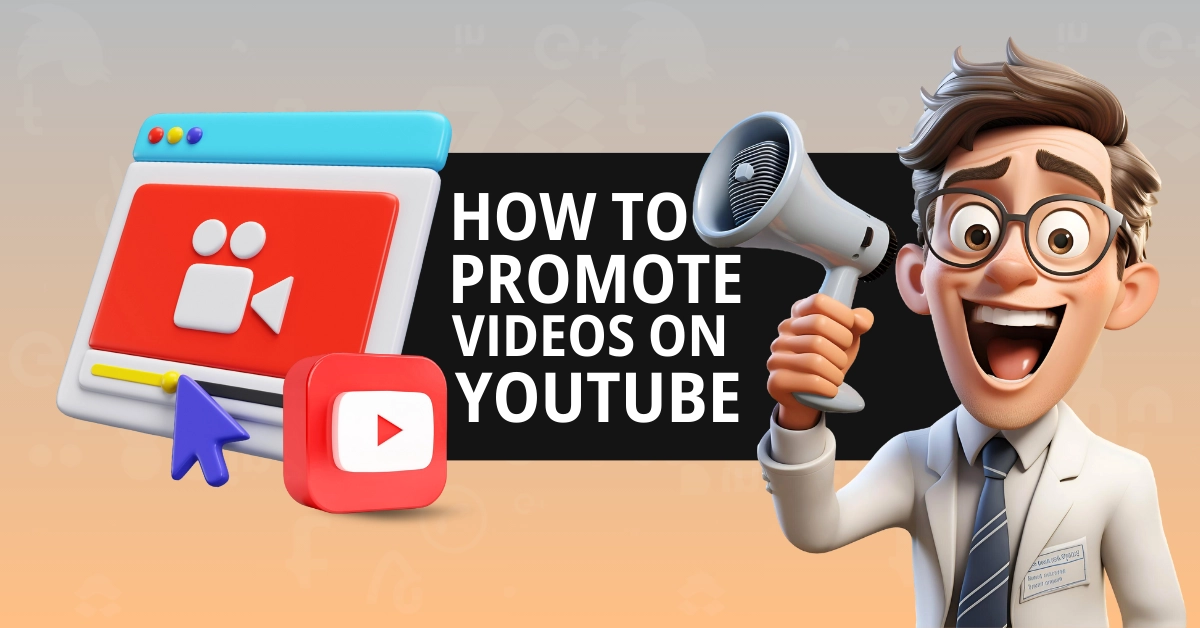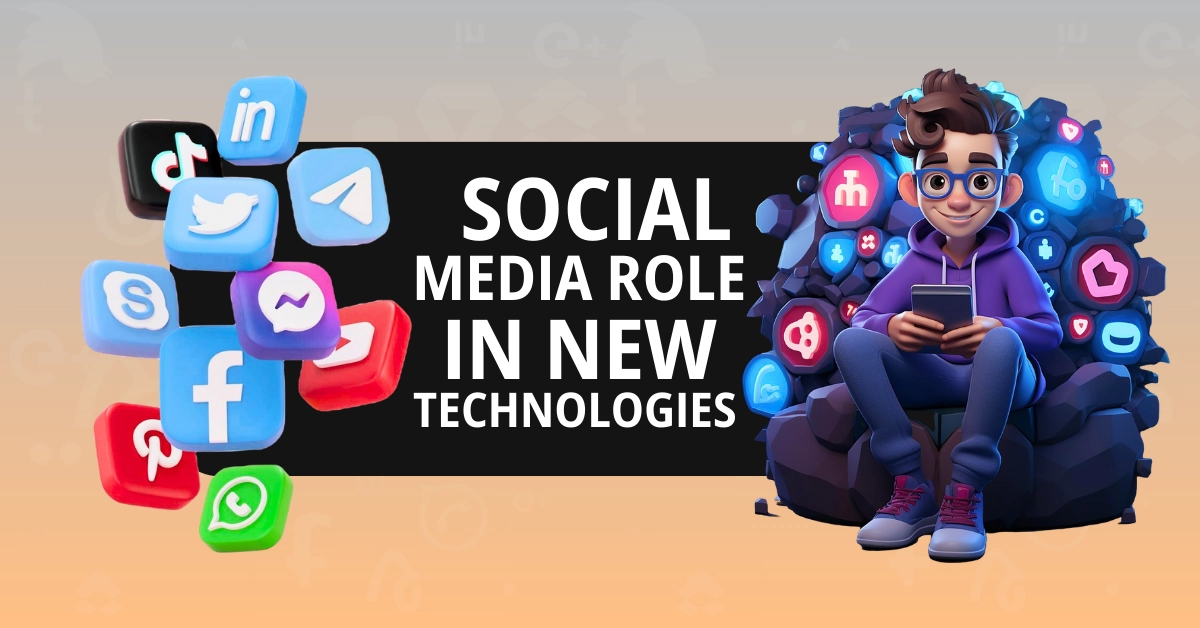There are approximately 12 to 14 million e-commerce stores globally. Every project aims to stand out and appeal to its audiences with unique deals. In e-commerce, every detail matters if you want your business to succeed, get noticed, and bring you revenue. There are many key ingredients to running an outstanding e-commerce store, with personalization being one of them.
The one-size-fits-all approach has proven to be ineffective. The personalization of an e-commerce website has become one of the essential e-commerce website development solutions that such well-known brands as Amazon have successfully adopted. If you are looking for ways to maximize your business capabilities and increase sales, learning the power of personalization of e-commerce websites should bring you the desired results.
This article explains the meaning of e-commerce personalization, its key advantages, and what elements of your web store can be personalized.
What is E-Commerce Personalization?
E-commerce personalization is a set of practices online stores apply to display dynamic content based on users’ demographics, age, browsing history, device usage, etc. Businesses can use customer data to give users a more personalized shopping experience. Upon seeing relevant product suggestions, targeted discounts, and personalized content, your customers will feel how much your brand values them, which increases the chances of a potential client becoming your loyal customer.
E-commerce Personalization Benefits
In addition to the aforementioned e-commerce personalization advantages, providing your clients with a personalized shipping experience brings a range of other advantages, such as:
- Enhanced brand engagement by catering to individual customer needs.
- Better understanding of customer preferences to inform business decisions.
- Take advantage of e-commerce businesses that do not use personalization techniques.
- Better sales conversions are achieved by presenting customers with the information they seek.
- Increased customer loyalty. By showing users that your brand provides them with the experiences they seek, users are likelier to choose your brand than a competitor’s website.
- Personalization lets you cater to your customers’ particular needs, thus making their shopping experience more enjoyable.
- By providing customers with personalized recommendations, content, and promotions, brands can increase customer lifetime value, improve customer relationships, and increase the likelihood of future purchases.
- Personalization enhances cross-selling and up-selling opportunities by offering customers complimentary products based on their purchase history and browsing behavior.
- Organizations can save time and money by automating e-commerce personalization processes such as email marketing and product recommendations while providing customers with behavior-based experiences that bring your brand the desired revenue boost.
E-commerce Personalization vs. Customization
E-commerce personalization and customization are the two terms that are often confused. By letting users customize products presented on the pages of an e-commerce website, brands let the customers take care of building their own shopping experience.
E-commerce personalization, on the other hand, is the duty of the brand to provide a customer with the experience they want. Analyzing customers’ browsing behavior and adjusting their online shopping experience to the way users will enjoy it allows brands to drive customer loyalty and improve their online experience.
5 Elements to Personalize on Your Web Store
Technological advancements and innovative marketing strategies have introduced modern customers to e-commerce personalization techniques beyond simply using a person’s first name in email newsletters. Users anticipate a shopping experience that goes beyond tried-and-true methods when browsing your web store.
By adopting the right technological stack, marketers can implement advanced e-commerce personalization to enhance users’ shopping experience. Consider several examples of ecommerce elements you can personalize on your e-commerce website.
1. Content Localization
Customers are more likely to return to a website that provides targeted content. Upon seeing banners, texts, product descriptions, and other website elements relevant to the users’ region, language, and interests, people are likelier to return to such a website and place an order before leaving it.
2. Product Recommendations
Just remember how many times you added complementary products to your shopping cart. Pretty often, we bet. You increase the average user’s bill by providing users with collections of recommended products based on their previous purchases or browsing interests. For example, if a customer landed on a product page demonstrating a new smartphone model, revealing smartphone cases and accessories in the block with product recommendations would be wise.
3. Targeted Discounts
Based on the users’ shopping behavior on your web store, you may offer discounts on the items they previously bought from you. You may also choose a different approach and offer product bundles, which users may order at a lower price than purchasing each item separately.
4. Personalized Navigation Patterns
If it’s not the first time a person reaches your website or, more importantly, buys from you, you can analyze their past purchases and browning behavior and adjust navigation based on your findings. This way, you can save loads of time for your customers by searching for relevant items and encouraging them to complete an order faster.
5. User-Generated Content
Nothing can compare with honest reviews written by your loyal customers. Studies show people trust fellow buyers’ opinions more than the most masterfully written marketing text. By presenting user-generated content on your website, you can show the items that are the most popular among your buyers and improve your web store’s SEO ranking at the same time.
In a Nutshell
Personalization has become a viral marketing tool for every business that sells online. Targeted, localized, and behavior-based online shopping is the experience most users want today. The benefits of e-commerce personalization do not end with an enhanced shopping experience. You broaden your loyal customer base, enhance customer loyalty, and increase conversion rates, among many other things. Personalize the above elements on your website and see the e-commerce personalization effect in numbers.


